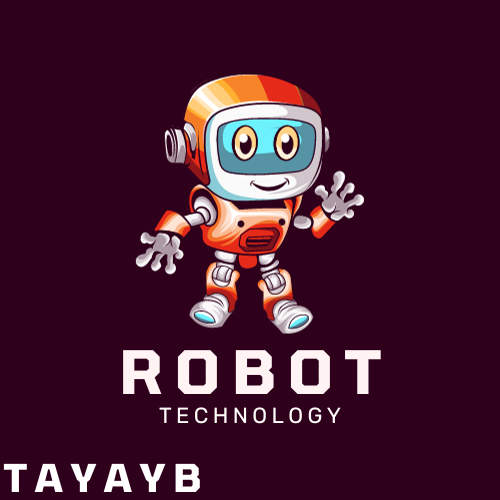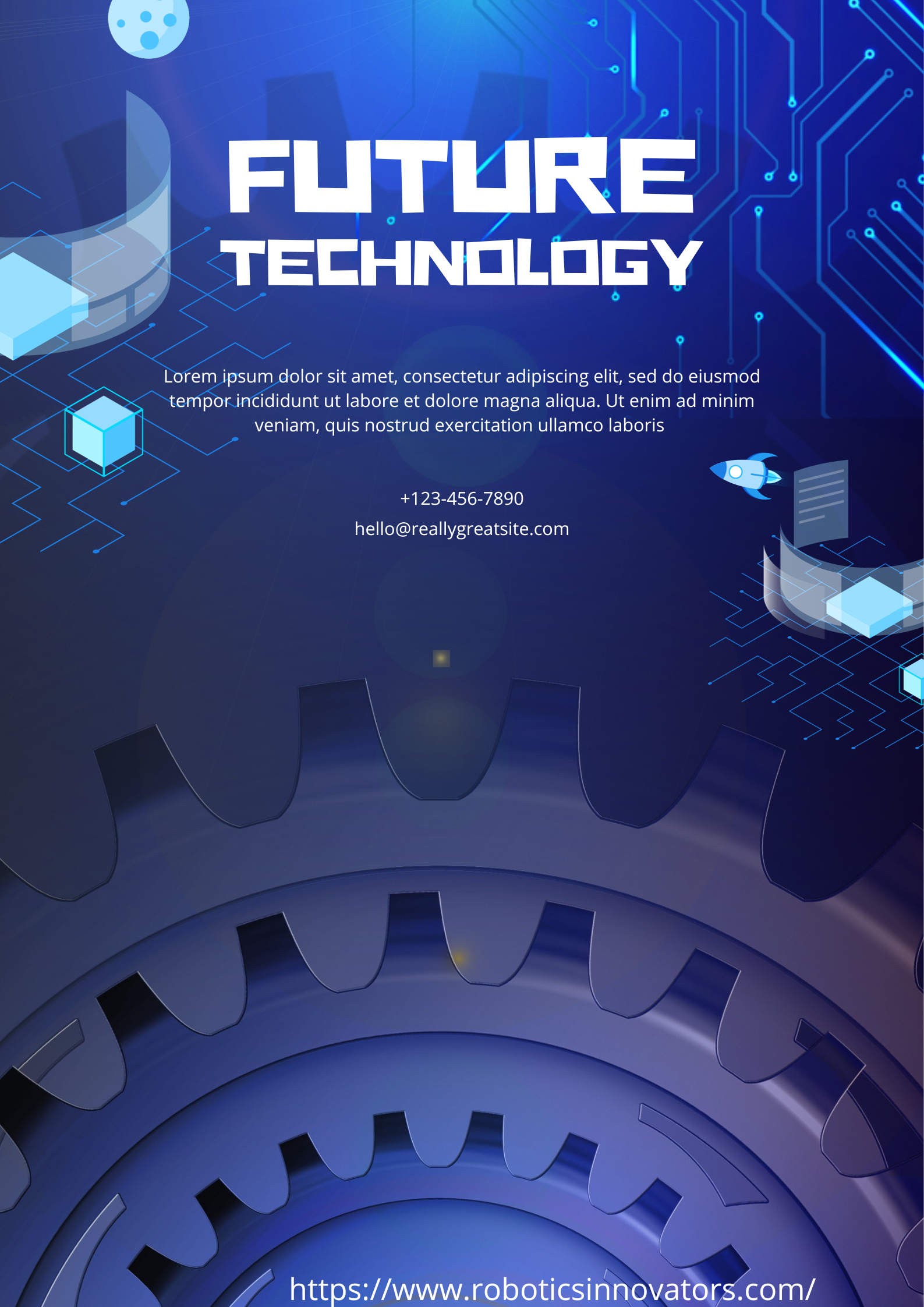How Key Industries Are Affected by Robotic Process Automation (RPA)
Summary of Contents
Accountancy and Finance People Resources Organizational cost reduction Product Creation Customer-facing Operations
Recently, businesses attempting to ride the wave of applications driven by artificial intelligence (AI) have taken a special interest in robotic process automation (RPA). RPA gives IT teams the ability to set up software "robots" that are created to collect and analyze data in a variety of applications in order to automate routine processes. Numerous crucial internal procedures have become new homes for RPA bots. Here is a brief outline of the areas in which RPA will flourish over the next several months and years.
Accountancy and Finance
The department that uses RPA effectively the most lately is probably finance, and for good reason. Frequently, accounting procedures are carried out manually, or at the very least, under the supervision of human accountants. However, according to a recent Deloitte Center for Controllership survey of more than 1,700 finance, accounting, and other professionals, 52.8% say their organizations intend to improve digital controllership in the coming year by utilizing technologies like process automation, analytics, and other tools for financial and accounting processes. RPA is used to improve internal control effectiveness and efficiency, which is a key goal for 35% of accounting businesses.
If you go further into the accounting industry, you will discover that CPAs are also using RPA to carry out audits, a procedure that previously contained a lot of computer-dependent instruments. A still somewhat manual audit process is being changed to a more assembly-line audit approach using RPA. Auditors will be able to perform at a considerably higher level thanks to RPA, which marks a significant and disruptive change in existing audit practice. RPA can, for instance, help auditors by logging into a client's secure file transfer protocol (FTP) site to retrieve relevant audit data for a specific year. It can then determine whether the total revenue amount from the current and prior-year listings is materially different and generate an alert if the difference exceeds the materiality threshold.
People Resources
Bot-based automation may help the HR department by simplifying a variety of routine (and sometimes time-consuming) processes like benefit distribution and payment processing, which RPA technologies can carry out automatically and with little to no human involvement. RPA bots may also be used to complete blank fields in a variety of HR-related forms far more quickly than their human counterparts can. For instance, an HR person would typically need to be informed of the problem, hunt up the data, edit the form, and re-insert it into the payroll system if an employee's address was missing from a particular form. These scenarios might be handled automatically and in bulk by an RPA bot that learns to produce and fix an exception for each one.
Organizational cost reduction
RPA is being used by companies with thousands of people, including AT&T, Ernst & Young, Walgreens, and Deutsche Bank, to cut expenses. According to The Hackett Group, fully automating routine procedures may free up workers to concentrate on things that generate value while cutting transactional process costs by 50 to 75 percent. At NASA, shared services centers have implemented RPA pilots in the areas of IT expenditures, human resources, and accounts payable and receivable. 86 percent of the transactions in the HR section of the pilot were finished without the need for human interaction, and they are now being implemented throughout the whole business.
Product Creation
Product development companies are taking notice of RPA because it may help them create more alluring goods more quickly. 51 percent of CEOs surveyed by the Harvard Business Review believe AI (which includes RPA) can improve the features, functionalities, and performances of their products. RPA bots may be used by software engineers to automate more common development jobs across the product development lifecycle, freeing them up to use their knowledge to generate more innovative and practical solutions.
Customer-facing Operations
To speed up typical customer-facing operations, new approaches to intelligent automation, including RPA, are being developed for the tourism industry. American Express Global Business Travel provides a good illustration of this by automating the process of canceling airline reservations and giving reimbursements, a job that was previously done by people. Additionally, they want to make automated rebooking suggestions possible in the case of an airport closure. The key to engaging with clients effectively is to simplify the process by grouping similar issues into a single, cohesive basket. This is true whether you're selling to them, responding to their inquiries, or mending their products or services. RPA is intended to manage these tasks more accurately and with greater tracking capabilities than a human team could.
The fact that RPA is a cost-effective technology is what businesses seem most enthusiastic about. According to a PWC survey








.jpg)




